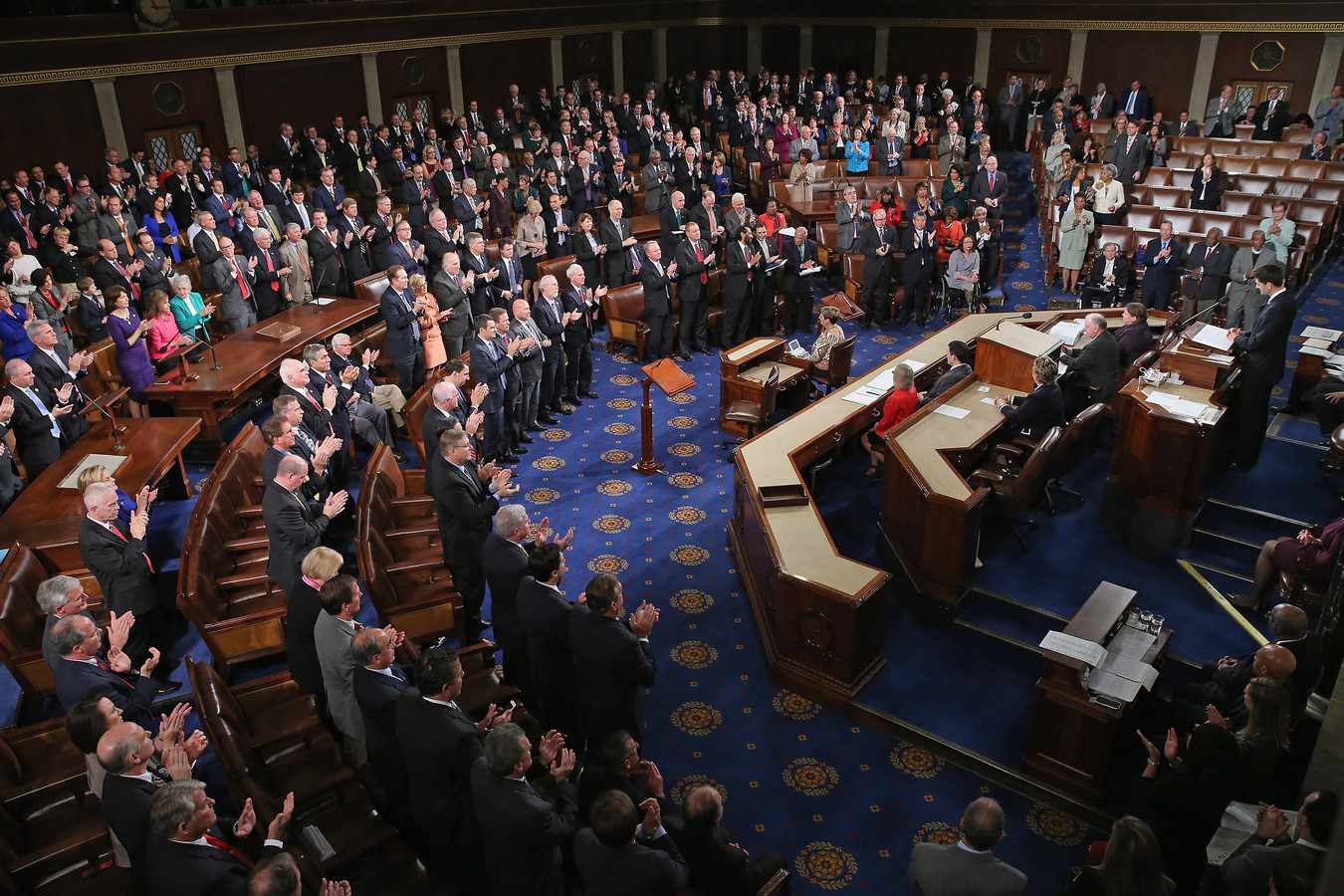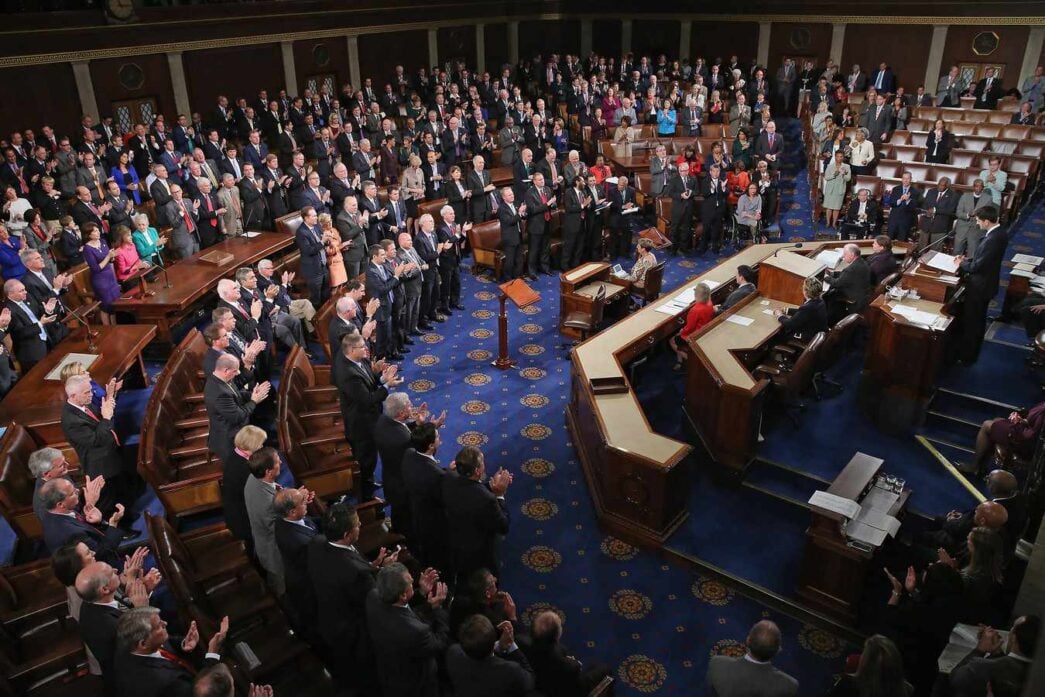The United States lawmakers have proposed a bill seeking to impose a 5 percent tax on remittances sent abroad.
According to a draft of the House Republican bill released on Monday, the excise tax targets specific payments made to US residents of foreign nations — a move that could significantly affect immigrant families, and also Nigerians.
Olayemi Cardoso, governor of the Central Bank of Nigeria (CBN), had said diaspora remittances through international money transfer operators (IMTOs) reached $4.22 billion between January and October 2024.
However, the CBN did state how much of the said amount came from the US.
Advertisement
The new legislation proposed an exemption of payments sent by verified US citizens, allowing them to reclaim the amount as a tax credit.
“There is hereby imposed on any remittance transfer a tax equal to 5 percent of the amount of such transfer,” the document reads.
“The tax imposed by this 19 section with respect to any remittance transfer shall be paid by the sender with respect to such transfer from the sender and remit such tax quarterly to the Secretary at such time and in such manner as provided by the Secretary.”
Advertisement
However, the bill said such tax shall not apply to “any remittance transfer with respect to which the remittance transfer provider is a qualified remittance transfer provider and the sender is a verified United States sender”.
The latest development marks another step in the US’ several policy shifts and tariff impositions.
In January, nearly two million “illegal immigrants” were identified by the United States Immigration and Customs Enforcement (ICE) for deportation from the country.
Also, in the same month, Trump had reportedly planned to scrap privileges of birthright citizenship for children whose parents lack legal immigration status.
Advertisement
On March 2, Trump announced sweeping global tariffs on all imports into the country, slamming 14 percent on Nigeria.
Furthermore, the US president, reciprocating China’s 84 percent tariff hike, raised the country’s tariff rates from 104 percent to 125 percent — exempting several other countries.
After subsequent hikes, the US and China, on May 12, reached a reciprocal deal to slash tariffs, marking a major step toward ending their trade dispute.
According to the deal, US tariffs on Chinese imports will fall from 145 percent to 30 percent, while Chinese tariffs on US goods will reduce to 10 percent from 125 percent.
Advertisement












